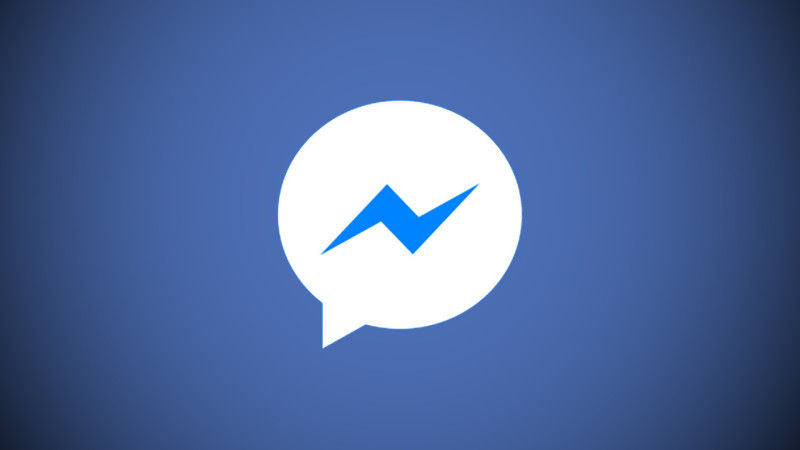BlackBerry sues Facebook, claims messaging apps infringe on multiple patents
- Fahad H

- Mar 7, 2018
- 2 min read

BlackBerry has sued Facebook for patent infringement in federal district court in California. The claim is that Facebook’s various messaging tools, including WhatsApp, are using and infringing on BlackBerry’s intellectual property.
Reportedly, the companies were involved in licensing discussions, which didn’t produce the desired outcome for BlackBerry. The suit states seven counts of infringement. The various infringement claims cover messaging security, UI, messaging and gaming, power consumption innovations and other features.
The complaint states:
Defendants have used BlackBerry’s own intellectual property to compete with it in the mobile messaging space. These applications are ever expanding, including Facebook Messenger, Facebook Messenger Lite, Facebook Pages Manager, Facebook.com and Facebook Workplace Chat, the WhatsApp Messenger application made by WhatsApp Inc., and the Instagram application made by Instagram, Inc. The importance of mobile messaging is emphasized by the reported $19 billion dollars Facebook spent to acquire WhatsApp.
Facebook general counsel Paul Grewal provided a statement to CNBC, saying, “Blackberry’s suit sadly reflects the current state of its messaging business. Having abandoned its efforts to innovate, Blackberry is now looking to tax the innovation of others. We intend to fight.”
BlackBerry is seeking monetary damages including lost profits and injunctive relief. As the quote above indicates, Facebook has said it will fight the suit.
BlackBerry was founded in 1984 in Ontario, Canada, as a paging company and eventually began making smartphones. Together with Nokia, it dominated the market from 2000 to roughly 2013, until Apple and Android eventually forced the company to change its model and abandon its proprietary OS business.
BlackBerry today does a number of things but is primarily a mobile software and licensing company. BlackBerry devices still exist, but they’re made by third parties and run Android OS (like Nokia’s phones).
The company’s long history in the mobile messaging space and its many patents suggest the case may not be simple or quickly resolved for Facebook.




Comments